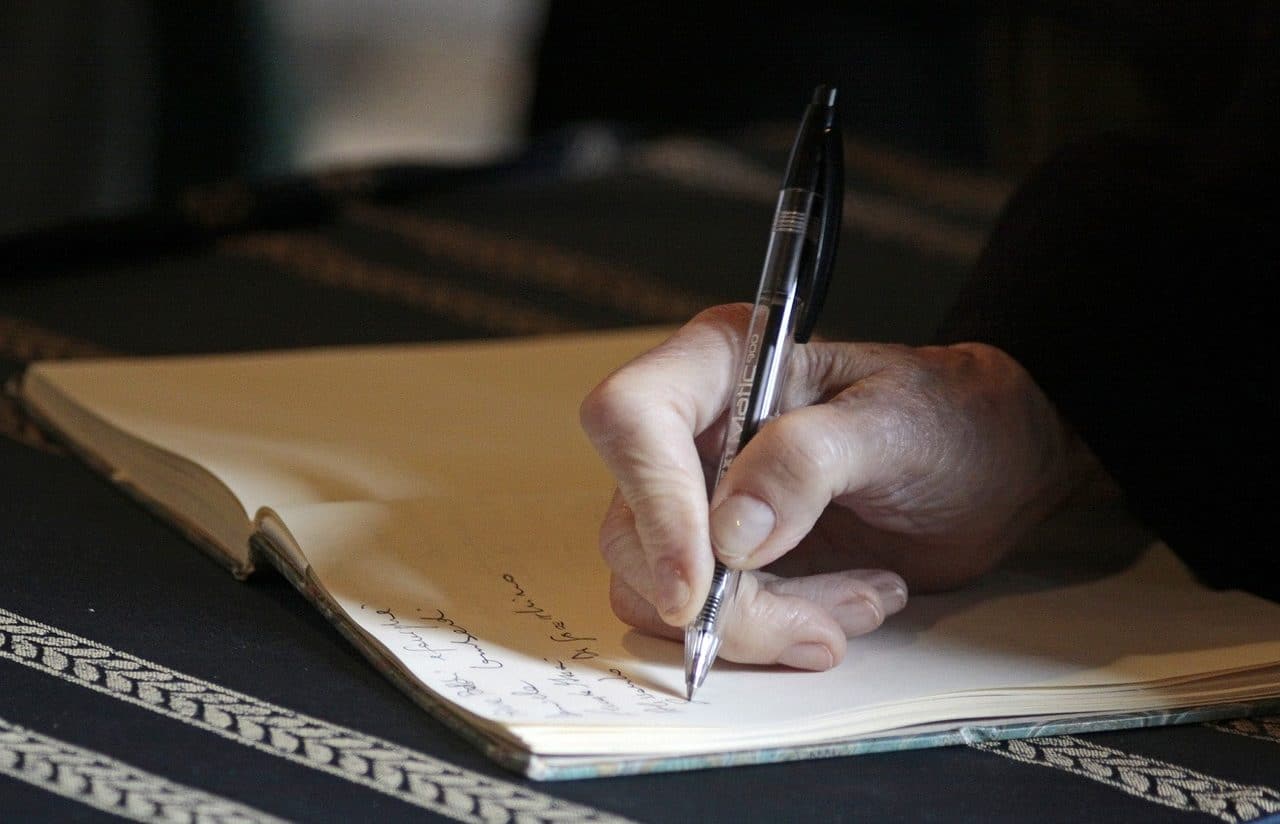
The executor of the testament is defined by the person represented in his or her will.
Executor is a concept that comes from a Hispanic Arabic term and is used in the field of law with reference to the individual who, based on the last will of a deceased person and/or with the authorization of a judge, is in charge of the custody of the legacy of the deceased .
The executor of the will is the one who was designated by the deceased himself in his will . On the other hand, if the executor arises through a judicial provision, it is called a dative executor .
The figure of the legitimate executor arises when the deceased has not left a will and a judge has not issued a ruling on the assets. In this case, the executor becomes the one who, by law, has the authority to make the deceased's wish come true. Reference can also be made to the universal executor : the subject with absolute power to guarantee compliance with all points of the will.
Literary executor
The idea of executor appears frequently in the field of literature . The literary executor decides on a writer's legacy , especially regarding copyright. This executor can allow a novel to be adapted to film or can promote the publication of unpublished texts, to name two possibilities.
This sometimes causes a decision by the executor to conflict with the wishes of the deceased author's family . If the executor decides to publish a manuscript that the deceased's children do not want to come to light, this can lead to a confrontation.
Aurora Bernárdez , to cite an example, was the executor of the renowned Argentine writer Julio Cortázar , one of the most influential figures in literature. The woman , who died in 2014 , was married to the author of “ Hopscotch ” between 1953 and 1967 .

The literary executor is responsible for managing a writer's legacy.
The importance of the will
To minimize the chances of the executor making decisions that are not up to those that the testator would have made, it is essential that the testator prepares the will conscientiously, carefully specifying all its requirements and drafting the document with the greatest possible care. possible clarity . The executor must look after his assets and manage them in such a way that his image is not distorted from the public's point of view, and therefore no collection is exaggerated.
It is necessary to meet certain well-defined requirements to be appointed executor, among which are having reached the age of majority and being in full use of one's powers. All this without leaving aside the relationship he has with the testator: it would not be normal for him to leave his posterity in the hands of a stranger or someone who did not love him and deeply respected him.
The executor and the relatives of the person represented
Regarding the perception of their work by both the public and the family and friends of the person they represent, the executor must often face a large volume of criticism and attacks due to their actions. At first glance, we can say that there are two opposite attitudes that are often criticized: taking advantage of the name of the deceased to obtain large sums of money without any type of tact or respect for their image; not doing enough to keep his memory alive.
Without mentioning anyone in particular, there are more examples of the first group than the second, executors who look for every opportunity to make money at the expense of their testator's work, either by publishing whatever work comes into their hands (without caring about its quality, if it is complete or if the author himself really wanted it to be made known) or by opening legal proceedings against anyone who infringes copyright, sometimes crossing the limits of the laws themselves.
